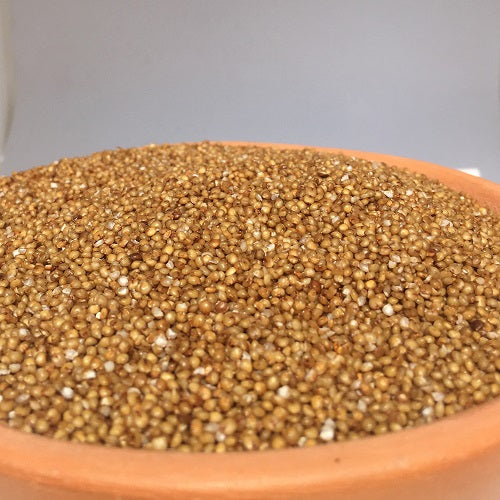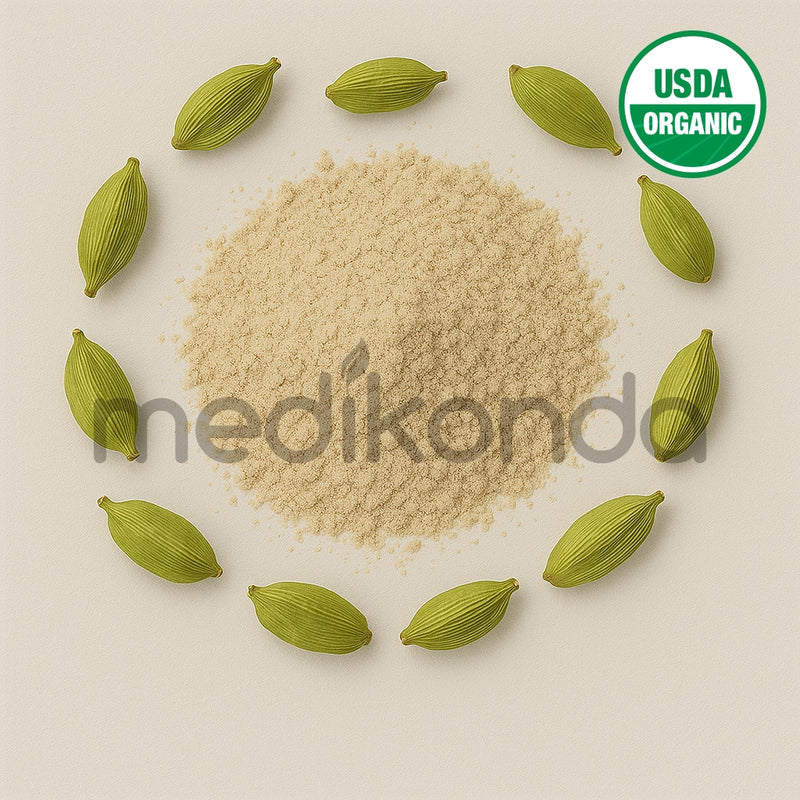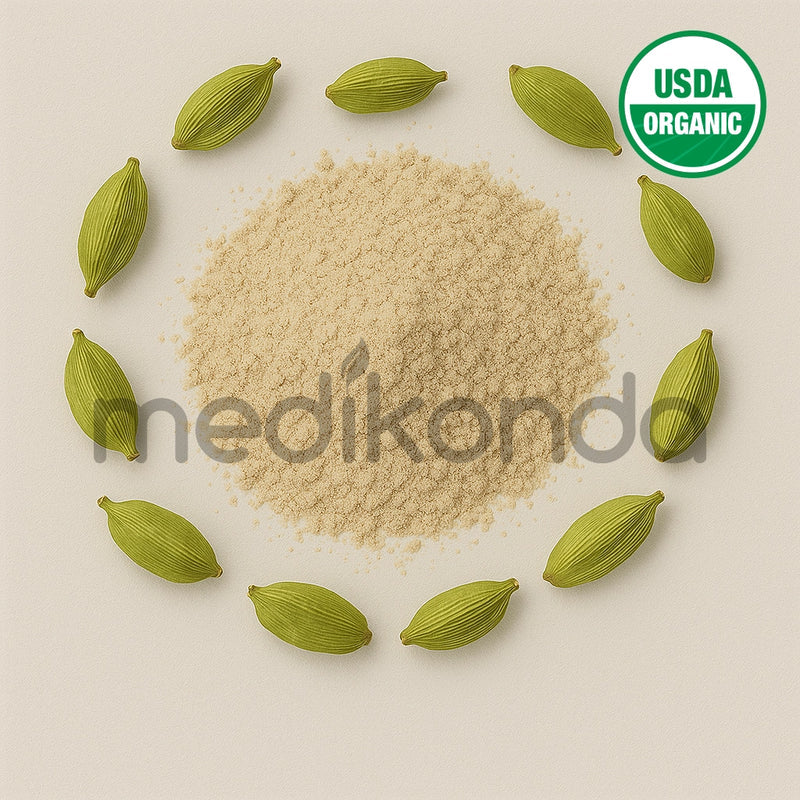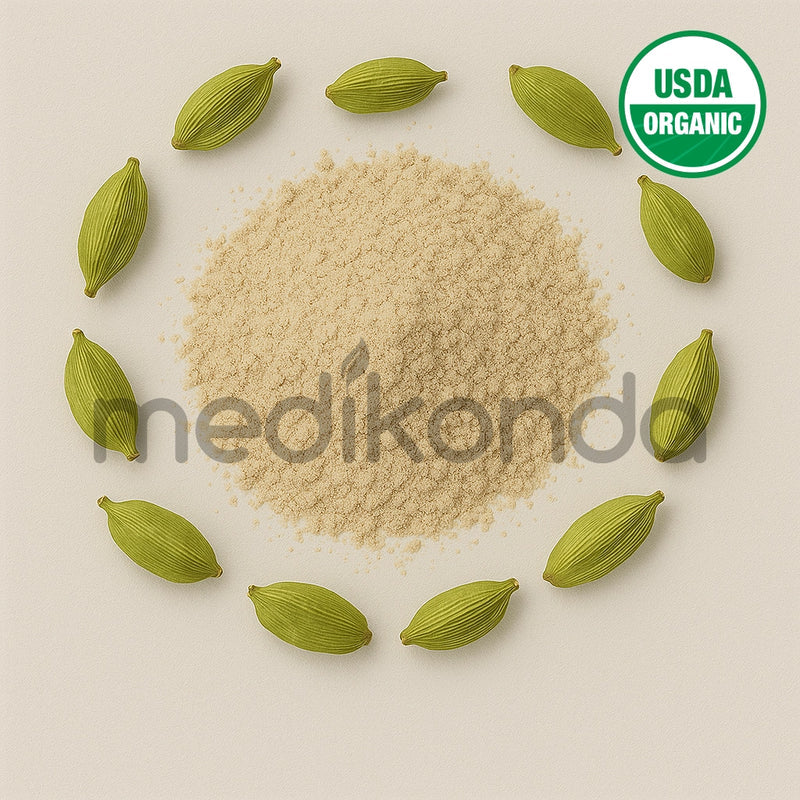Add description, images, menus and links to your mega menu
A column with no settings can be used as a spacer
Link to your collections, sales and even external links
Add up to five columns
Add description, images, menus and links to your mega menu
A column with no settings can be used as a spacer
Link to your collections, sales and even external links
Add up to five columns
LOOKING FOR BULK INGREDIENTS PRICING?
GET INSTANT QUOTEwhat ingredient are you looking for?

Benefits of Kodo Millet Seeds - Wholesale B2B Bulk Suppliers in Australia and New Zealand
Kodo Millet Seeds: A Resilient Supergrain for Health and Wellness
Kodo Millet Seeds, an ancient grain native to India, have been a staple food in traditional diets for centuries. Known for their resilience in dry climates and poor soils, these hardy seeds are not only sustainable but also incredibly nutritious. As modern health trends embrace ancient grains, Kodo Millet is being rediscovered for its numerous health benefits and versatility in the kitchen.
Botanical Profile
-
Botanical Name: Paspalum scrobiculatum
-
Family: Poaceae
-
Plant Part Used: Seeds (grains)
-
Color: Light brown to greyish-white
-
Common Names: Kodo, Kodo Millet, Varagu (Tamil), Arikelu (Telugu), Harka (Kannada)
Nutritional Highlights
Kodo Millet Seeds are rich in dietary fiber, protein, antioxidants, and essential minerals such as iron, calcium, magnesium, and zinc. They are naturally gluten-free and low in fat, making them ideal for health-conscious individuals, especially those with dietary restrictions.
Health Benefits of Kodo Millet Seeds
-
Regulates Blood Sugar Levels
With a low glycemic index, Kodo Millet is an excellent grain choice for people with diabetes. It helps in maintaining steady blood sugar levels and supports insulin sensitivity. -
Aids in Weight Loss
High fiber content keeps you full for longer, curbs cravings, and promotes healthy digestion—all of which contribute to effective weight management. -
Promotes Heart Health
Rich in antioxidants and magnesium, Kodo Millet helps reduce cholesterol levels, supports healthy blood pressure, and improves overall cardiovascular function. -
Improves Digestion
The fiber-rich grain enhances gut health, prevents constipation, and supports smooth bowel movements. -
Strengthens Bones and Muscles
With good levels of calcium, iron, and protein, Kodo Millet contributes to stronger bones, improved muscle function, and reduced risk of anemia. -
Gluten-Free and Hypoallergenic
Suitable for individuals with celiac disease or gluten sensitivity, Kodo Millet provides a safe and nutritious grain alternative.
Common Uses and Culinary Applications
-
Cooked like rice for daily meals
-
Used in porridge, khichdi, upma, pulao, and salads
-
Ground into flour for rotis, dosa, or baked goods
-
Ideal for snack bars and health mixes
Preparation Tips
Rinse and soak Kodo Millet for 30 minutes before cooking. Use 2 cups of water for every 1 cup of millet. Cook for 10–15 minutes until soft. It can replace rice or quinoa in most recipes.
Precautions
Kodo Millet is generally safe for consumption. However, excessive intake without dietary variety may lead to nutrient imbalances. Ensure a balanced diet with a mix of whole grains, vegetables, and proteins for optimal health.
Final Thoughts
Kodo Millet Seeds are a time-tested supergrain that offers a powerhouse of nutrition along with excellent adaptability to various recipes. Their ability to support blood sugar control, digestion, heart health, and weight management makes them a valuable addition to modern diets. Sustainable, affordable, and incredibly beneficial, Kodo Millet is a smart choice for health and well-being.
For bulk orders and inquiries, visit Medikonda Nutrients - Kodo Millet Seeds
Medikonda Nutrients is the Largest Manufacturer, B2B Bulk Wholesale Supplier of Kodo Millet Seeds in Australia and New Zealand.
Also in Medikonda: Health & Wellness
SUBSCRIBE NOW ...
Don't miss to get latest updates on sales, new releases and promotions




